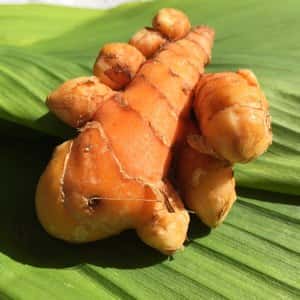
Curcumin is the active ingredient in the yellow spice turmeric. Numerous studies have confirmed its antioxidant and anti-inflammatory activity. Could it help against depression and anxiety?
Studying Curcumin for Depression and Anxiety:
Preliminary research has suggested that it might also have antidepressant effects. A new study from Australia reinforces this conclusion.
How the Study Was Set Up:
Investigators recruited 123 adults with major depressive disorder. The volunteers were randomized into four groups. In addition to placebo, they were given low-dose curcumin extract (250 mg twice daily), high-dose curcumin extract (500 mg twice daily) and a combination of low-dose curcumin and saffron extract (15 mg twice a day). The extract used was BCM-95. The study lasted for three months.
How the Volunteers Responded:
People in the groups receiving curcumin had improvements in both depression and anxiety scores. Saffron did not make a significant difference.
The researchers conclude that both low and high doses of curcumin are helpful, especially against atypical depression.
Journal of Affective Disorders, Jan. 1, 2017
We suggest that any time you can get the same benefit from a low dose as from a high dose, go with the lower dose. In most cases, it is less likely to produce side effects.
Adverse Reactions to Curcumin?
Even though it is a natural compound, some people react badly to curcumin. They may break out in the hives typical of an allergic reaction or they may experience digestive upset. People taking the anticoagulant warfarin should not add curcumin to their regimen. We have received reports that the combination pushes INR too high. This indicates a serious risk of bleeding.
You can learn more about depression and other nondrug approaches in our Guide to Dealing with Depression.

